Kenya now stands firmly in the crosshairs of the international human-rights community after a group of UN experts issued a blistering letter accusing the government of repeatedly ignoring formal communications on grave rights violations. The late-lettered interventions expose deepening alarms over the country’s human rights record under the William Ruto administration.
Alarming UN Findings
On 5 August 2025, four United Nations Special Rapporteurs—Mary Lawlor (human rights defenders), Matthew Gillett (arbitrary detention), Irene Khan (freedom of expression) and Gina Romero (assembly and association)—sent a joint communication (AL KEN 3/2025) to the Kenyan government documenting alleged widespread violations and demanding responses within 60 days.
The correspondence flagged multiple incidents:
- Deadly force used during protests on 25 June 2025, with at least 16 confirmed deaths and hundreds injured in clashes with security forces.
- Arbitrary arrests of activists, including high-profile journalist-photographer Boniface Mwangi, and alleged communications of deportation of a Ugandan lawyer based in Kenya.
- Suppression of media and human-rights defenders, including raids on press conferences and intimidatory measures cited by civil-society monitors.
Importantly, the experts noted that by 22 October 2025, Kenya had failed to respond to the communication—triggering a formal UN “radar” alert over the government’s non-engagement.
Why this puts Kenya in jeopardy
- International credibility risk: Kenya is currently serving on the United Nations Human Rights Council (UNHRC) and its failure to engage brings into question its suitability for the role, according to civil-society campaigns.
- Escalating impunity concerns: Detailed submissions to the UN review process show a spike in extrajudicial killings, disappearances and un-investigated state violence.
- Domestic trust eroding: The government’s inaction feeds public perceptions of selective justice and undermines the rule of law.
- Potential diplomatic fallout: Western missions and embassies are reportedly warning of implications for bilateral ties unless reforms are seen.

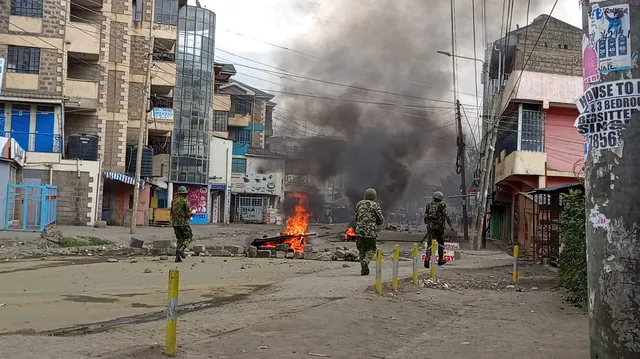
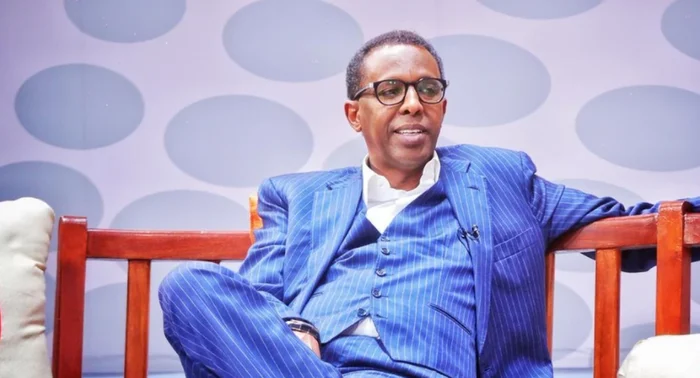
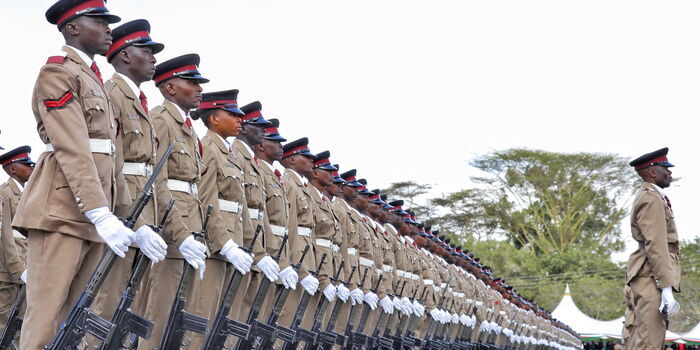
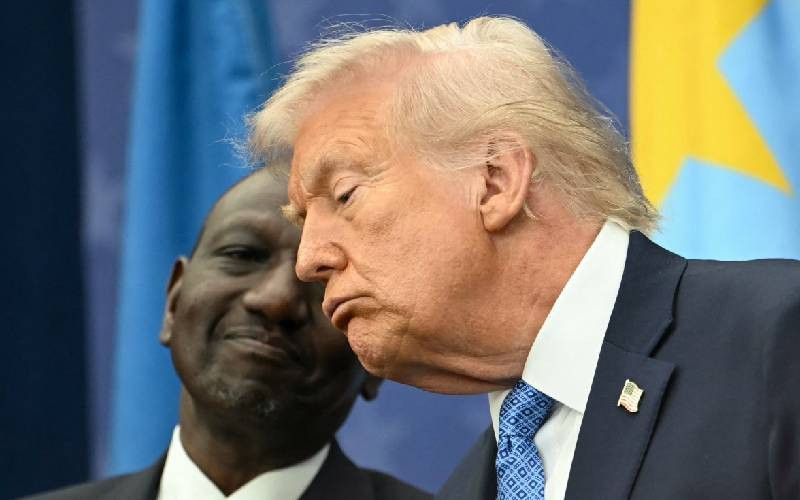
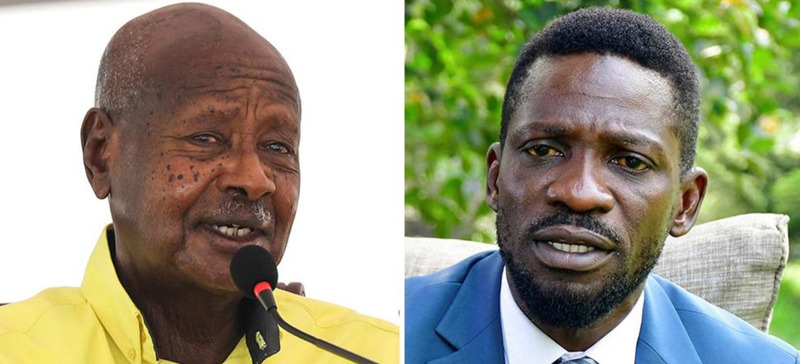
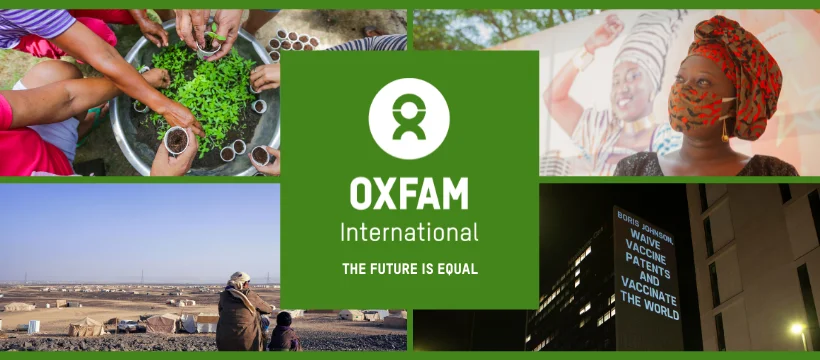

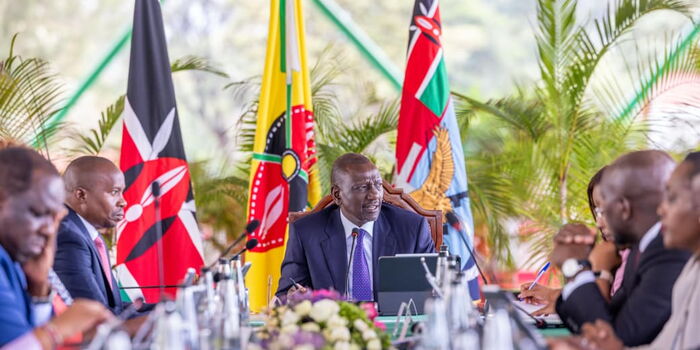
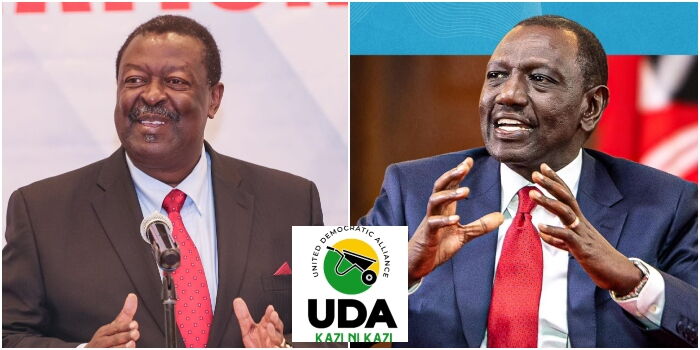


Leave a Reply